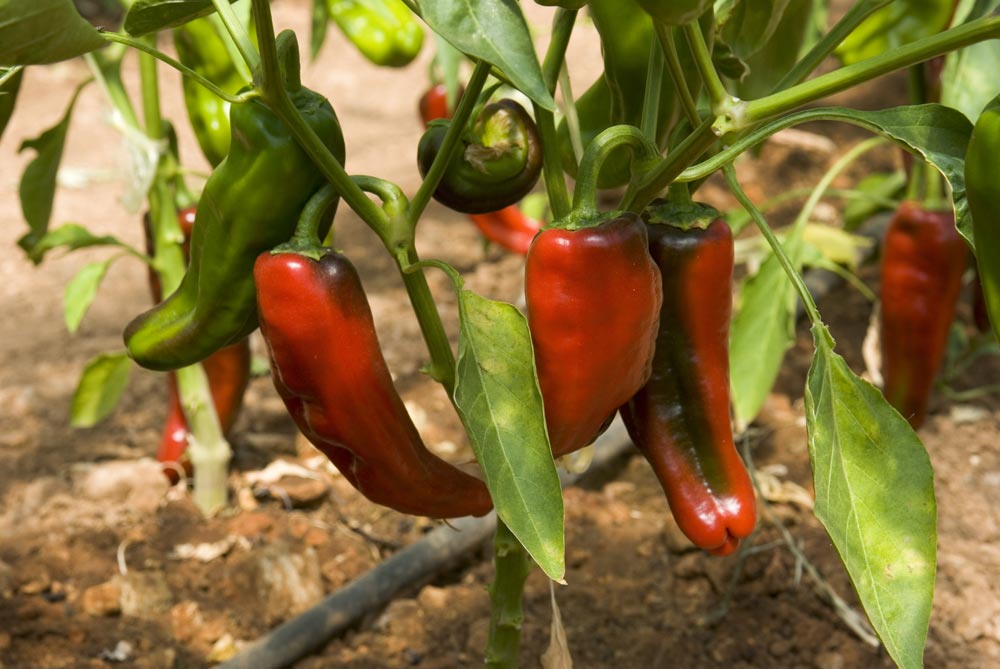According to European law, patents can only be granted on genetic engineering in plant breeding. Despite this, major seed companies have exploited legal loopholes and already obtained over 200 patents on traditional breeding. Breeders need access to genetic material to adapt plants to challenges such as pests, diseases and climate change. The current European patent system hinders their work, leading many to avoid using certain plant traits in fear of violating large companies’ patents which puts food sovereignty at risk.
In Europe, there is currently an ongoing controversial debate in regard to patents on seeds. The EU parliament and the EU member states are trying to find a solution to stop patents being issued on biological resources needed for breeding. There is strong political consensus in the EU to not allow patents on conventional seeds. This is especially important in the context of current discussions about the deregulation of new genetic engineering (NGT) and a rising number of patents in this sector. Often companies try to circumvent existing prohibitions to obtain patents on traditional breeding by adding a patentable technical steps, such as NGT, even though it was not necessary to achieve the breeding goal and should thus be excluded from patentability.
Nevertheless, when looking at the recent practice of the EPO, we see that alone in the year 2023, 20 new patents have been granted on traditional breeding and 70 patent applications have been filed. Plant species concerned are, amongst others, cucumber, maize, melon, pepper, spinach or tomato. Patents have a far-reaching effect and over 1.300 traditionally bread plant varieties are already affected in Europe, which makes it more and more difficult for breeders to navigate through this patent thicket. The consequences of this development include increasing concentration in the seed market, loss of agricultural biodiversity and limited choice for farmers, gardeners, food producers and consumers.
It is therefore timely to reaffirm that no patents on traditional breeding should be granted. The EU needs to restrict the scope of patents granted on genetically engineered plants, including seeds obtained from NGTs. This is an urgent problem which must be solved in order to safeguard the future of European plant breeding, agriculture and food production.
- Find the report here.
Author: Johanna Eckhardt, No Patents on Seeds! project coordinator.
The article New patents granted on traditionally bred plants threaten food sovereignty in Europe appeared first on Bio Eco Actual.






